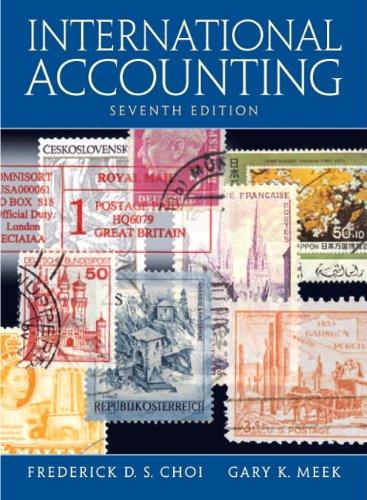
Upon some further questioning on your part, he provided what he knew in bits and pieces. * The 799,000 outstanding common shares on January 1 had been reported at an amount of $11,585,500. * The additional 48,000 common shares had been issued on February 1 for cash at $15.50 each. B 12,000 common shares had been acquired on March 1. "Why did we buy the shares if all we did was to cancel them right after acquiring them on the same day? I had opposed this acquisition till the very last but what could I do against the insistence of the head office. We lost $8,320 on that deal," lamented Mr. Jell. e On March 15, the company had issued subscriptions for some additional common shares. It received $1,530,000 upon application at $1.80 per subscription. Thereafter, the subscribers were required to pay $4.00 on March 31 and the balance, being the final instalment, on April 30. The issue was fully subscribed. * On March 31, subscribers for 10,000 shares failed to pay the required instalment. The company received the cash from all of the other subscribers. The defaulting subscribers forfeited the first instalment paid. * On April 30, the company received $$8,400,000 from the remaining subscribers and on May 1, it issued shares to all subscribers in good standing. Now you get to work on the second list of questions posed by Mr. Jell. Required: Prepare joumal entries, in proper format, to record all transactions listed below: i] the issue of shares on February 1. i] the acquisition and cancellation of the treasury shares on March 1. iii) the entries required on March 15. iv) the instalment and default) on March 31. v] the instalment on April 30. vi] the issue of the shares on May 1. Upon some further questioning on your part, he provided what he knew in bits and pieces. * The 799,000 outstanding common shares on January 1 had been reported at an amount of $11,585,500. * The additional 48,000 common shares had been issued on February 1 for cash at $15.50 each. B 12,000 common shares had been acquired on March 1. "Why did we buy the shares if all we did was to cancel them right after acquiring them on the same day? I had opposed this acquisition till the very last but what could I do against the insistence of the head office. We lost $8,320 on that deal," lamented Mr. Jell. e On March 15, the company had issued subscriptions for some additional common shares. It received $1,530,000 upon application at $1.80 per subscription. Thereafter, the subscribers were required to pay $4.00 on March 31 and the balance, being the final instalment, on April 30. The issue was fully subscribed. * On March 31, subscribers for 10,000 shares failed to pay the required instalment. The company received the cash from all of the other subscribers. The defaulting subscribers forfeited the first instalment paid. * On April 30, the company received $$8,400,000 from the remaining subscribers and on May 1, it issued shares to all subscribers in good standing. Now you get to work on the second list of questions posed by Mr. Jell. Required: Prepare joumal entries, in proper format, to record all transactions listed below: i] the issue of shares on February 1. i] the acquisition and cancellation of the treasury shares on March 1. iii) the entries required on March 15. iv) the instalment and default) on March 31. v] the instalment on April 30. vi] the issue of the shares on May 1







